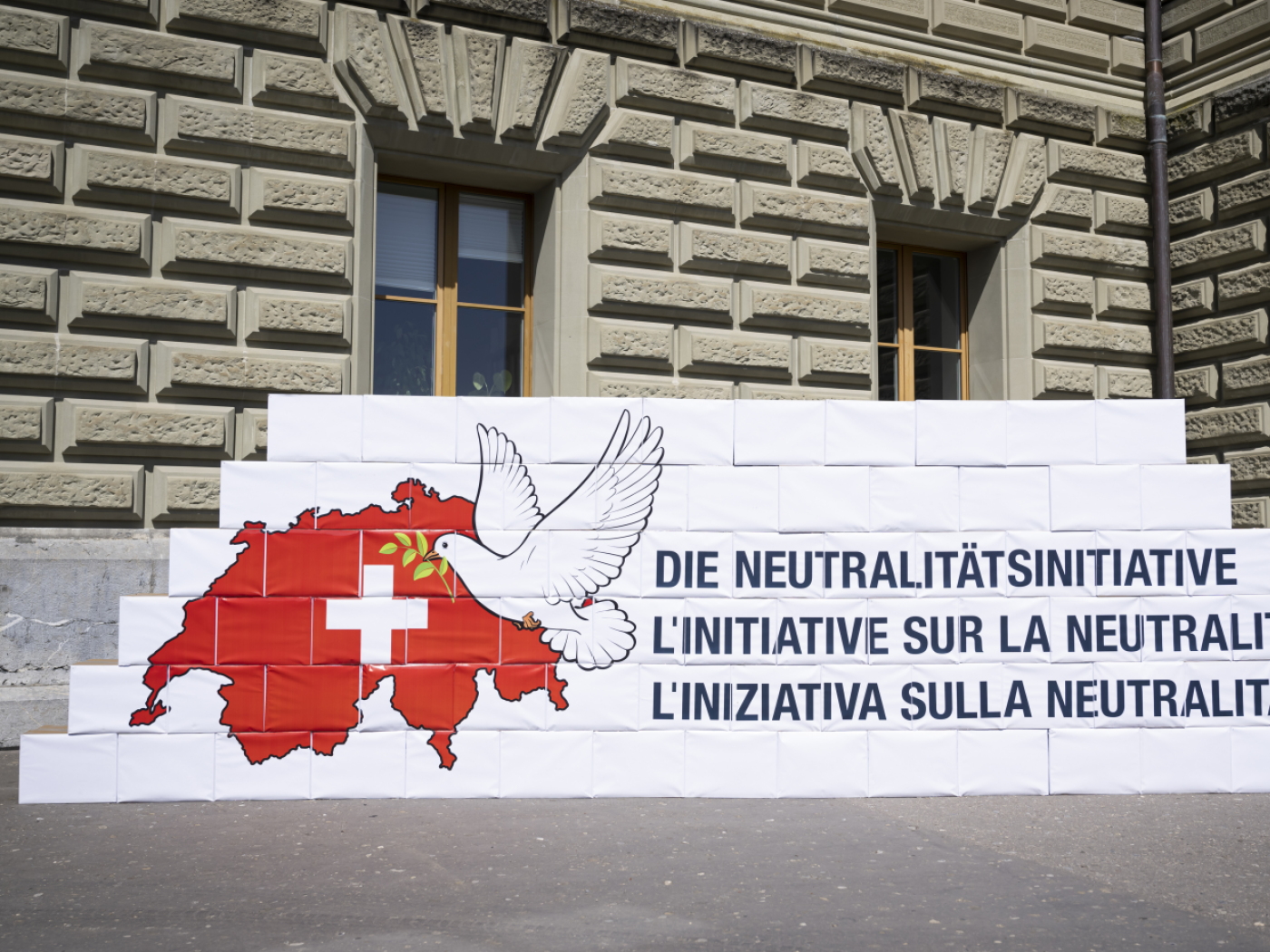
Race begins for a place in space

Swiss would-be astronauts will soon have a chance to compete for a dream job as the European Space Agency launches a rare recruitment drive.
Around 50,000 people across Europe are expected to sign up, with 1,000 applications anticipated from Swiss eager to follow in the footsteps of Claude Nicollier – the country’s only astronaut.
It is the first time in 16 years that Esa – Europe’s equivalent of Nasa – has opened its doors to new recruits, and it may not happen again until 2018.
Switzerland is one of the agency’s 17 member states and its citizens will be eligible to apply for a handful of positions.
Peter Erni of the government’s Swiss Space Office told swissinfo: “Esa has an astronaut corps which is a little bit old so what they want to do now is refresh and complete the astronaut corps by four new astronauts. We are talking about four new vacancies.”
In April, the government will host information events at universities. Nicollier will be on hand to answer questions and inspire enquirers, alongside representatives of the Swiss Space Office and Esa.
In casting out its net, Esa is hoping to attract a certain breed of professional – engineers, doctors, pilots – who not only meet the tough entry criteria (see side panel) but are also capable of working across different fields.
Selection process
Candidates have to be able to make it through the lengthy and highly competitive selection process. Esa will whittle down the anticipated 50,000 initial applicants to a first cut of about 5,000 who would then undergo psychological, medical and physiological tests. The process of fine-tuning to a final 30 people will take about a year.
Those lucky enough to find themselves in the final cut could face another last hurdle as European political powers actively campaign for one of their own compatriots to become one of the chosen few.
Erni explained: “It doesn’t mean necessarily that the best candidate wins. “If, for example, France pushes very strongly to have an additional astronaut because it is a very big member state, then this might influence the selection a little bit.
“So, in the final selection, politics will also be involved.”
High odds
But Maurice Borgeaud, director of the Space Centre at the Federal Institute of Technology in Lausanne (EPFL), says would-be astronauts will not be deterred by political wrangling or the rigorous selection process.
“Space tourism is getting very popular and getting into space is going to attract more people. I am sure there will be sufficient people in the end who are interested and dream of doing this.
“The odds are very high, but people who are convinced, who are sure this is what they want to do, will apply.”
Switzerland’s only astronaut, Claude Nicollier told swissinfo that this was a rare chance to do a “very unique job”.
“For Europe it’s a chance that doesn’t come that often. There was a selection in 1978 when I was selected with two other gentlemen, there was another in 1992 and there is another one now.
“So whoever wants to do it and has a strong will to really do it… should use the opportunity now because the next opportunity will be many years from now.”
Back to earth
Nicollier retired last year having notched up four Shuttle missions and a total of 43 days in space, including eight hours exposed to the elements while repairing the Hubble telescope.
“It is an unbelievable job, it’s a wonderful job. It’s a very wide spectrum,” he said.
“You get exposed to a lot of fields of science, of engineering, and have contact with a lot of people of different cultures. Of course, it is very competitive and it is hard work. You need to also be willing to learn a lot of things in areas that are different from your speciality.
“I think the goal of any astronaut should be to go into space at least once and do something meaningful there. And fully live the experience and bring it back to people on earth.”
The Swiss Space Office believes the recruitment drive will help meet a planned increase in manned European missions in the coming years.
Currently, Esa’s space launcher is not equipped for sending humans into orbit and it depends on the United States and Russia to take part in manned missions. But with Europe’s Columbus laboratory located at the International Space Station and the expected docking there of Esa’s first unmanned transport vehicle Jules Verne around April 3, Europe is gaining better leverage for involving more of its astronauts in space exploration.
Erni said: “These are important factors that show that Europe is an important partner in the space business. There will be an increase in the flights of European astronauts.
“Many Swiss citizens are not aware that Switzerland is actually very active in space and also very successful. We would like to have a second astronaut, obviously.
“We want the best people to apply to Esa.”
swissinfo, Jessica Dacey
Citizens of one of the 17 member states of European Space Agency.
Age should allow for a professional career as an astronaut of at least 20 years.
Mandatory knowledge of English and Russian. Other languages are a plus.
A university degree in natural sciences, engineering or medicine. (Military or test pilots exempt).
At least three years of professional experience.
Ability to execute a wide range of professional duties and cope being away from home for long periods.
Medical certification (JARFCL3 Class 2), as required for private pilot licence in Europe.
Two information events are being held in Switzerland in April for interested people to hear about the job from Swiss astronaut Claude Nicollier and speak to recruiters from the European Space Agency. They take place at the Swiss Federal Institute of Technology in Lausanne on April 1 and at its Zurich counterpart at a date to be fixed.
The Esa will officially announce the recruitment campaign once the ATV Jules Verne has docked at the International Space Station, not before April 3.
Candidates who meet entry requirements can apply via a website to be created by Esa and launched at the start of May. The application process will be open for about six weeks.
Switzerland was one the founders of the European Space Agency and it also collaborates with other agencies.
The Swiss space industry includes 28 research institutes and 54 companies. Apart from Contraves, these firms all have fewer than 200 employees.
They specialise mostly in ground equipment, optical apparatuses, telecommunications systems, clocks, robotic machinery, microgravity research, and weather surveillance.
Switzerland’s Claude Nicollier is an astrophysicist, test pilot and astronaut. He was the first foreigner granted mission specialist status by Nasa and completed four missions on board the Space Shuttle.

In compliance with the JTI standards
More: SWI swissinfo.ch certified by the Journalism Trust Initiative









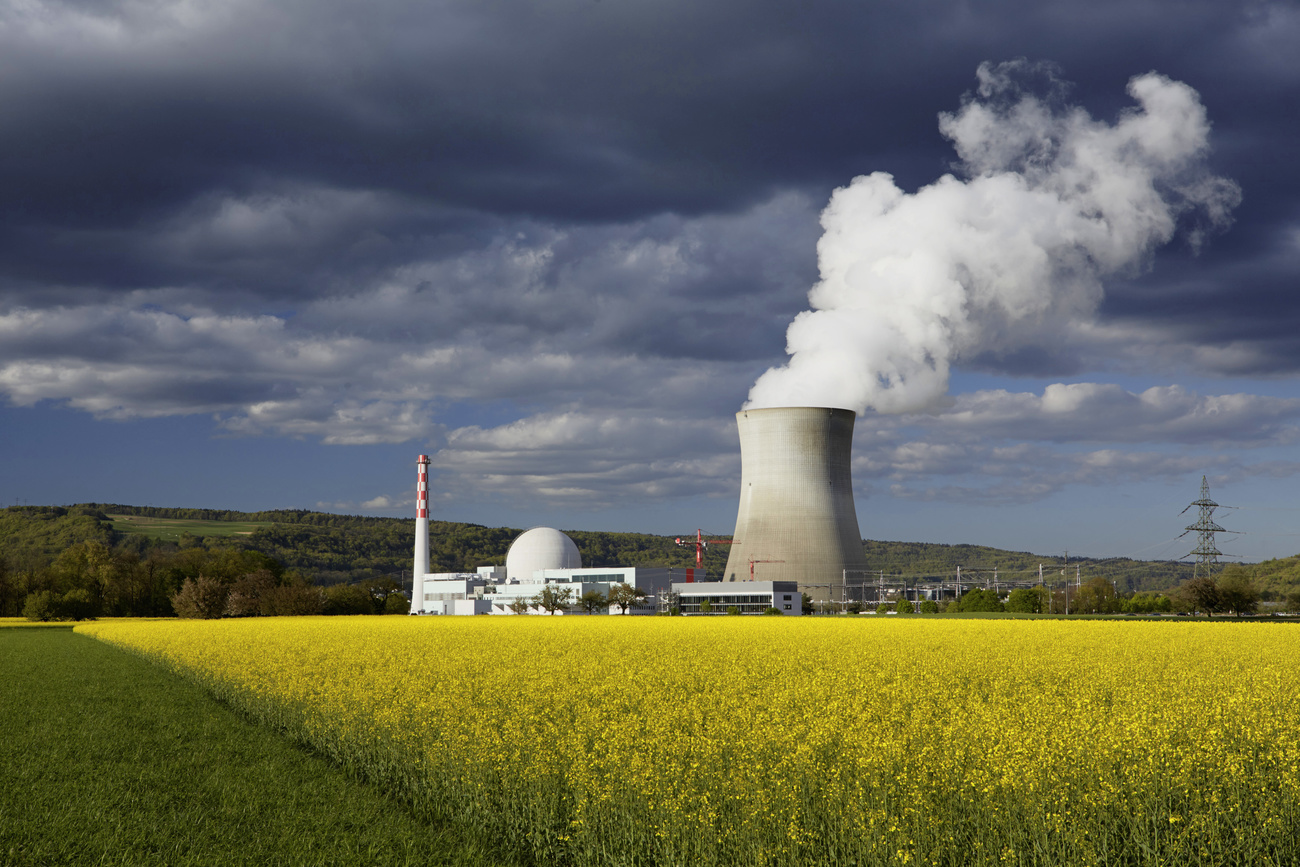
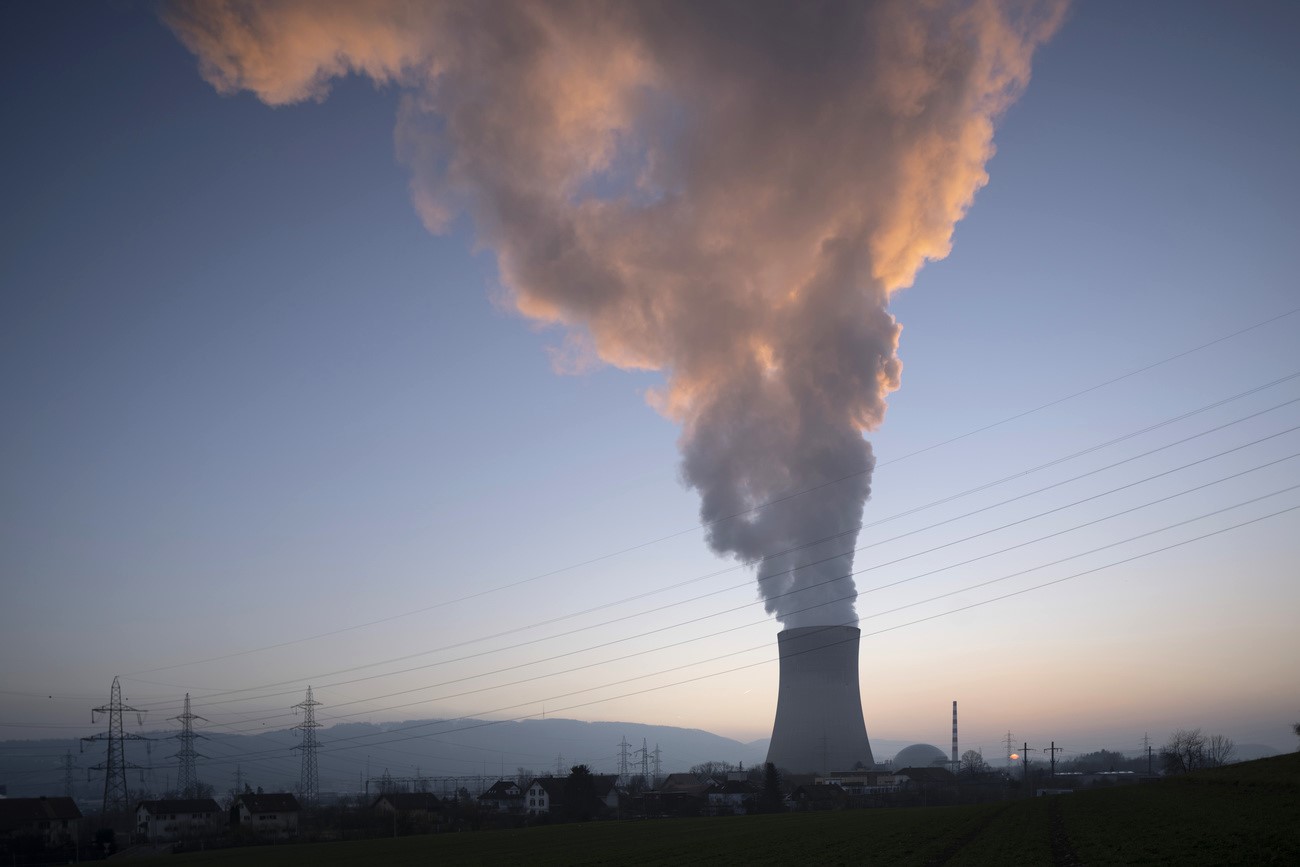
























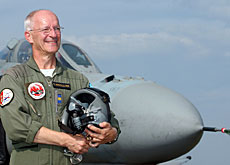
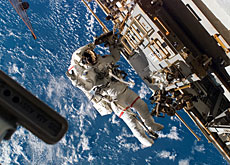
You can find an overview of ongoing debates with our journalists here . Please join us!
If you want to start a conversation about a topic raised in this article or want to report factual errors, email us at english@swissinfo.ch.